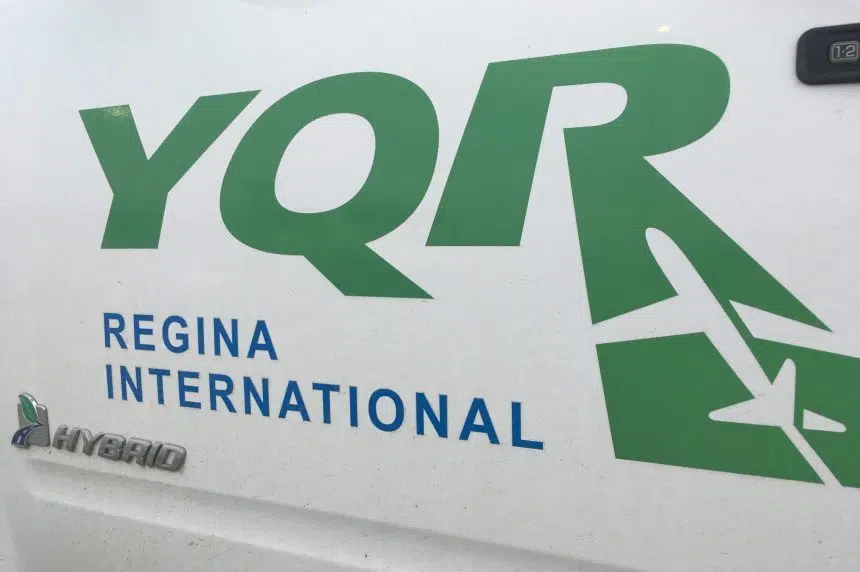Starting Monday, COVID-related restrictions around air and rail travel will ease for unvaccinated Canadians.
That means anyone who isn’t vaccinated against COVID will be allowed to hop on a train or plane and travel domestically without any questions being asked.
They’ll be allowed to travel internationally where COVID rules don’t apply, but will need to provide a negative test upon returning to Canada.
Laurie Trautman, the director of border policy research at Western Washington University, feels while it’s good news rules are being relaxed, there are still lots of questions surrounding the Canada-U.S. border.
“Certainly (there are) a lot of moving chess pieces. We are not in a position where you can sort of say, ‘This is the rule, right?’ It’s a lot of who you are, where you are and where you are going,” she told Gormley.
Trautman feels while all the rules aren’t being lifted, we’re certainly getting back to more normal times.
“There are sort of these bits and pieces that almost feel like they’re legacy components that are starting to peel off for most of these countries,” she added.
As most restrictions are set to be lifted for the unvaccinated, Trautman says looking back on the last two years and the delays and headaches caused at border crossings should serve as a learning experience for both Canada and the U.S.
“The Canada-U.S. border is sort of what goes up must come down,” she said. “I think one place Canada and the U.S. have really failed is dual messaging to travellers.
“We define the age of vaccination differently — Canada says it’s 12, the U.S. says it’s 18. The average traveller doesn’t have the opportunity to find that information out in a very efficient way. They have to do a lot of searching and guesswork in the process.
“I think we did some things well. We allowed commercial travel to continue to cross the border throughout the pandemic, but clearly we’re two different countries and I think one thing that has been disturbing to me is we have two different sciences to follow.”







